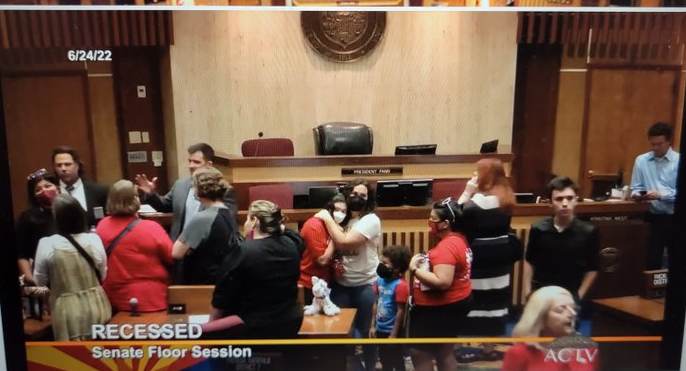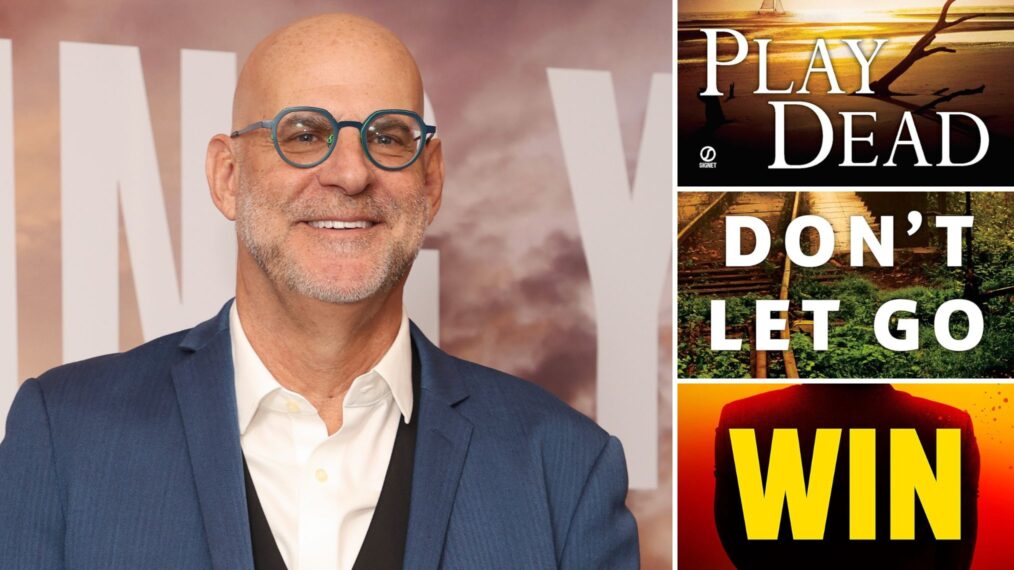Near the end of Jennie Livingston’s Paris Is Burning, Venus Xtravaganza, an Italian Puerto Rican ballroom dancer who was one of the landmark queer doc’s subjects, describes a harrowing near-death experience. While Venus was hustling as a sex worker, a client realized she was a trans woman and reacted violently. “You’re a freak,” Venus recalls the man saying to her, “I should kill you.” Rattled by the threat, Venus grabbed her bag and jumped out of the window. The story is particularly haunting because a few scenes later, Venus’ house mother, Angie, reveals that the young ballroom performer was found strangled to death in a Manhattan hotel. “She was like my right hand,” Angie says. “I miss her.”
The depth of Venus’ loss is acutely felt in Kimberly Reed’s affecting documentary I’m Your Venus. The film, which premiered at the Tribeca Film Festival, is one of the last projects produced by Jeff Skoll’s Participant Media, which is shutting down after a 20-year run.
I’m Your Venus
The Bottom Line
A moving and worthy tribute.
Venue: Tribeca Film Festival (Spotlight Documentary)
Director: Kimberly Reed
1 hour 25 minutes
It is both a posthumous biography of the drag queen and a record of her biological and ballroom families’ attempts to honor her legacy. In chronicling the experiences of these significantly different groups, both with deep love for Venus, Reed (Dark Money) constructs a humanizing portrait of the legendary performer and offers a blueprint for community healing.
Combining verité footage shot by DPs Rose Bush and Joshua Z. Weinstein with re-edited excerpts from Paris Is Burning, Reed threads the past and the present to create a conversation between Venus and her surviving biological family members. I’m Your Venus opens with now famous scenes of its subject in Livingston’s film, with voiceovers from her brothers, who exult her legacy. “She will always be a Pellagatti,” one brother says with pride.
But the reality of that statement is fraught with a history of misunderstanding, rejection and violence. Before absconding from Jersey City to New York, Venus lived with her grandmother, who loved and supported her in a way that the rest of the family couldn’t.
Later interviews with Venus’ surviving brothers Joe, John and Louie Pellagatti reveal how the three men struggled to accept their sister. They are candid about how repudiating her identity drove her away. Now, more than 30 years later, they want to honor Venus’ memory by posthumously changing her legal name so they can order a new tombstone for her grave. Their other goal is getting the police investigation into her murder reopened.
For the latter, Joe, John and Louie partner with current House of Xtravaganza members including Amara Gisele, Gisele Alicea and Jose Disla, who knew Venus personally. The encounter between biological and ballroom families yields the most edifying conversations in I’m Your Venus. Within this space different versions of the past clash and contradict in an attempt to settle into a more healing present.
Conversations between Jose Disla, to whom Venus was a sister and niece, and Joe, John and Louie force the brothers to understand, on a deeper level, how their neglect impacted Venus. These scenes — raw in their honesty — wrestle with the process of what it means to evolve. We watch the brothers’ initial defensiveness melt into tearful acknowledgment, revealing how a desire to adhere to the rules of conventional masculinity robbed them of the chance to get to know their sister.
I’m Your Venus doubles as a reintroduction to Venus — the ballroom dancer who dreamed of a car, a husband, kids and becoming a famous model — for the Pellagatti brothers. Through chats with Jose Disla and Helen, a confidante for Venus and the woman who helped the performer come up with her name, the brothers learn more about Venus’ personality, interests and aspirations.
They also confront the realities of her existence in New York and the still present dangers trans people face in the United States. Although Venus tried to get out of sex work, it was one of the few ways she could make money to survive. In this realm, I’m Your Venus expands on ideas explored in recent documentaries like The Stroll and Kokomo City.
Meetings with lawyers about reopening Venus’ murder case underscore police negligence and a lack of urgency around finding a culprit. Closure becomes an elusive frontier for both the Pellagatti brothers and the House of Xtravaganza heirs.
More positive news emerges from the process of changing Venus’ lawful name, which results in an exciting legal precedent, and the journey to get her childhood home registered as a historic landmark. Progress in these areas stands as a historical corrective and offers some moments of healing for Venus’ families, whose emotional journey is a lurching and staggering affair.
Within this chaotic terrain, Reed finds moments of stillness. Their cumulative effect gives I’m Your Venus its poignancy. Standout sequences that grip the heart and threaten tears include a memorial for O’Shea Sibley, the 28-year-old gay man murdered in New York last summer after a group of individuals confronted him and his friends when they were voguing at a gas station; and when the Pellagatti brothers are invited to do their own ballroom walks at the landmark ceremony for Venus’ childhood home.
Both these moments capture a fervent joy in the face of profound pain. They are examples of a community insisting, against all odds, on its existence.


























































